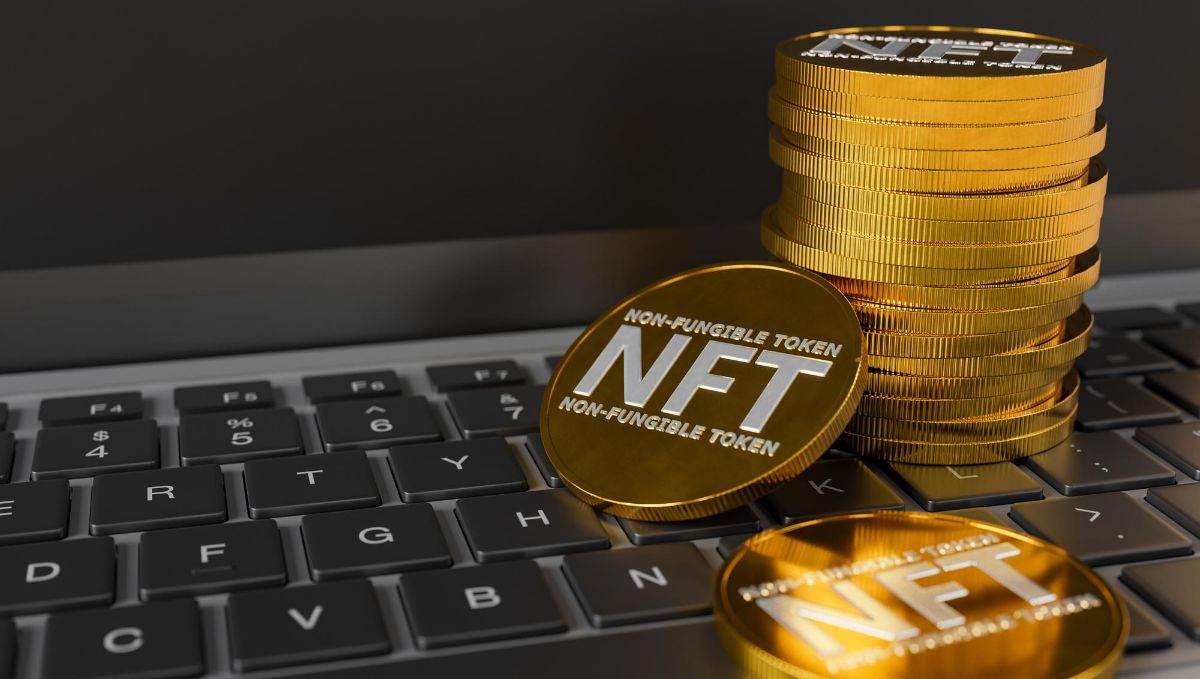The world of non-fungible tokens (NFTs) continues to grow, with more artists, creators, and collectors entering the landscape. One recent development in this space is NFT staking, which offers a new way to earn rewards and maximize the value of digital assets.
NFT staking involves locking up your NFTs on a blockchain platform to earn rewards, such as cryptocurrencies or other digital assets. By staking your NFTs, you can earn passive income while still retaining ownership and control over your digital assets.
The process works by utilizing the proof-of-stake (PoS) consensus mechanism, in which users must lock up their digital assets to validate transactions and secure the network. In exchange for staking, users receive rewards, which can include cryptocurrencies, platform tokens, or even other NFTs.
The Benefits and Risks of NFT Staking
One of the biggest advantages of NFT staking is the ability to earn rewards without actively trading or selling your digital assets. Additionally, staking your NFTs can potentially increase their value and attractiveness to potential buyers. Furthermore, staking helps secure the blockchain network and maintain its integrity, contributing to the overall health of the NFT ecosystem.
However, there are also some risks associated with NFT staking. It requires locking up your NFTs, which can limit your ability to sell or trade them immediately. Additionally, staking platforms rely on smart contracts, which can have vulnerabilities or bugs that could lead to the loss of your digital assets. Moreover, the value of rewards earned through staking can be subject to market fluctuations and may not always be predictable.
Choosing the Right NFT Staking Platform
When choosing an NFT staking platform, it is essential to consider several factors, including reputation, supported assets, reward structure, and security measures. You should conduct thorough research before staking your NFTs and factor in transaction fees and potential lock-up periods.
The Future of NFT Staking
As NFT staking continues to evolve, there are several expected developments, including cross-chain staking, fractional staking, and NFT staking pools. These developments could attract more users to the NFT market and provide novel ways to monetize digital assets.
In conclusion, NFT staking presents an exciting opportunity for NFT holders to unlock additional value from their digital assets while contributing to the security and growth of the blockchain ecosystem. However, it is crucial to carefully evaluate the risks, choose a reputable platform, and stay informed about the latest developments in this rapidly evolving space.

